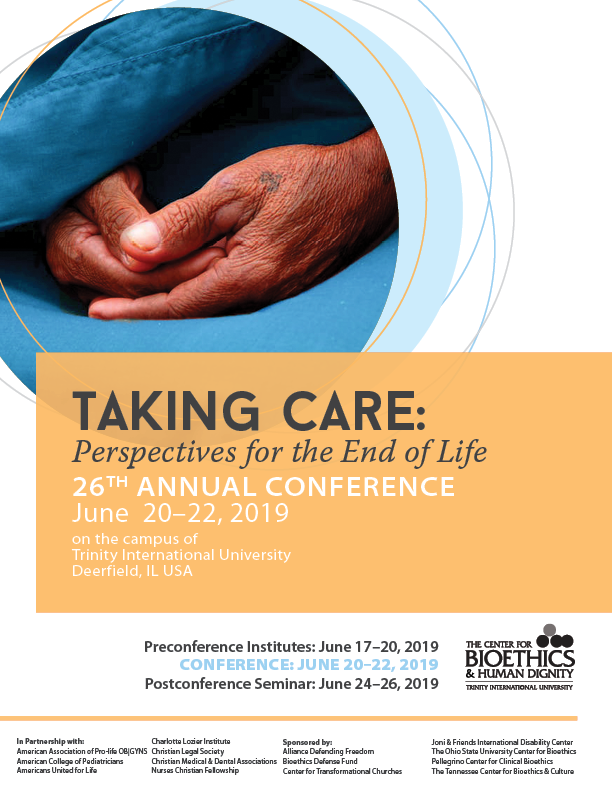
In recent years, the practice of “voluntarily stopping eating and drinking” (VSED) has moved from the realm of speculative possibility to that of proposed routine, quietly making its way into mainstream healthcare. It is accepted by those who endorse physician-assisted suicide (PAS) and voluntary active euthanasia (VAE), but also by some who oppose these practices. For these PAS/ VAE opponents, VSED is closely linked to decisions to forego “artificial” nutrition and hydration, as well as to the natural course of anorexia that attends the dying and is thus clearly distinct from PAS/VAE. I propose to address the notable ethical issues that attend VSED: Under what circumstances does VSED constitute suicide? Are those who counsel or assist VSED complicit in suicide? What is the relationship between VSED and decisions to forego “artificial” means of nutrition and hydration? Is there a legal “right” to VSED? Assuming such a right exists, does one have a right to be informed of that option in the case of terminal or debilitating illness, or even profound but non-life-threatening disability? The chief concern in addressing these questions is to assess the viability of the “middle position,” maintained by those who oppose PAS/VAE but endorse VSED as an acceptable alternative. By demonstrating the close links between VSED and more direct means of “hastening death,” in both theoretical (philosophical) and practical (clinical) terms, this paper will conclude that the “middle position” can only be justified by setting aside the fact that self-starvation with the deliberate intent to cause death is a species of self-destruction. The “middle position,” therefore, is likely to further weaken what barriers still exist against PAS and VAE as accepted practices in law and medicine.